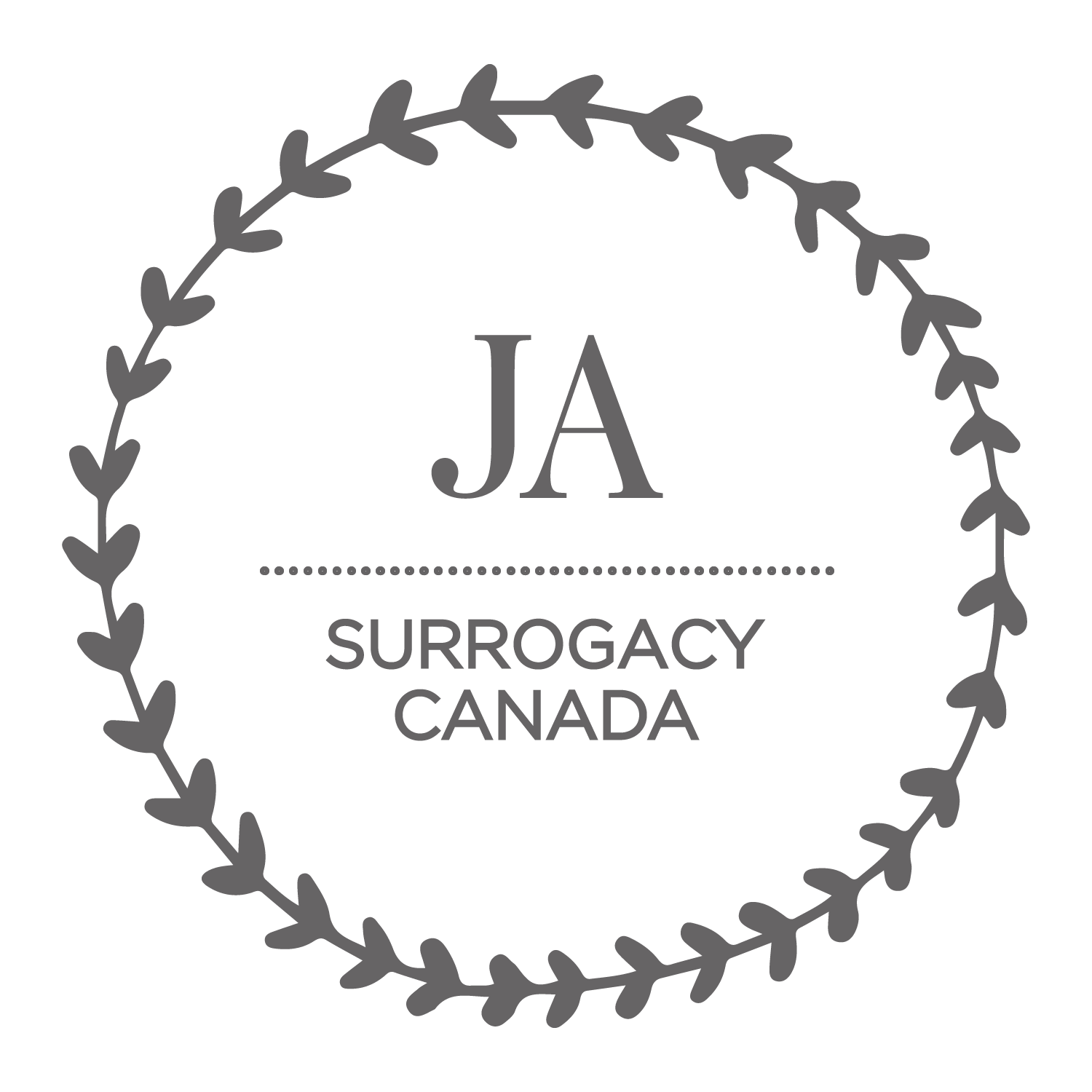Surrogacy in Canada: The Language of Surrogacy
By Sogol Sadrmajles
What is Surrogacy? I was first introduced to the world of surrogacy by a dear friend of mine. We had not spoken in a couple of months when I received an invitation to her “Meet my IPs” night. I was intrigued. I cleared my schedule and headed over to her house on a Saturday night in May. There I met the two men, who Nici referred to as her “intended parents.” In speaking with one of them, I learned of how he once thought parenthood would never be an option for him. He and his partner were now eternally grateful to Nici for her incredible gift.
This hit close to home as just weeks before my partner and I had started “trying.” The difference was that for us, the decision to make a baby was simple. For intended parents however, there is a whole new world of surrogacy to navigate. A navigation that I quickly realized included learning a whole new language - the language of surrogacy.
Before I start listing off definitions, let me preface by saying, my intent is not to plagiarise anyone’s intellectual property but rather to share what I’ve learned thus far. Furthermore, not everyone that becomes pregnant defines themselves as female or mother, language illustrating gender is merely an example. I should also mention that since that night in May of 2016, fate set me on a new path working in the realm of surrogacy. As luck would have it, with my dear friend Nici too!
Surrogacy (surrogacy journey): when an individual becomes pregnant and gives birth to a child for another individual or couple. Surrogacy journey speaks to the build up to pregnancy, the relationship development between the surrogate and intended parent, and the pregnancy, birth, postpartum, and relationship between all individuals thereafter.
Surrogate (surrogate mother/surromom): The individual carrying the surrogate child.
Intended Parent(s) (intended mother(s)/intended father(s): The individuals that are the parent(s) of the child created by the surrogacy process. Example, “As intended parents, we felt it was important to be present for the birth of our child.”
Gestational Surrogacy (gestational carrier): This is when the child has no genetic link to the surrogate mother. The embryo is developed using the eggs of either an egg donor or the intended mother.
Traditional Surrogacy: When the child is the genetic offspring of the surrogate mother. Pregnancy can be achieved with IVF, IUI, or an at home insemination process. Intercourse is not used to achieve pregnancy.
Surrogate Child (surrobabe): The term the surrogate may use to describe the child. Example “My surrobabe just turned five!”
Contracts: To ensure the process of surrogacy is smooth for all parties involved, it’s important to have very detailed contracts drawn up even before getting pregnant. These contracts detail everything from what process the surrogate will use to become pregnant, to what birthing options that surrogate is opting for. There is a network of fertility lawyers that specialize in these types of contracts.
Egg Donor: A donor (either anonymous or known), that provides her eggs for a gestational surrogacy.
Sperm Donor: A donor (either anonymous or known), that provides his sperm for a traditional or gestational surrogacy.
IVF (In vitro fertilization): A series of procedures to assist with the conception of a child. During IVF, mature eggs are collected (retrieved) from the ovaries of either the intended mother, an egg donor, or the surrogate mother (during traditional surrogacy). The eggs are fertilized by sperm (donor or intended father) in a laboratory setting. The fertilized egg(s) (embryo(s)) are implanted into the uterus.
Assisted Reproductive Technology Law: Laws that govern assisted reproductive technology, including the use of surrogacy. These laws vary from country to country (differing from province to province), making it very important to use reference material, lawyers, and sources specific to the country you will be carrying out your surrogacy journey.
Surrogacy Consulting Firm: A consulting firm geared towards aiding both surrogates and intended parent(s) through a surrogacy journey. The agency may help introduce intended parent(s) with potential surrogates fitting the requirements they are looking for. Ultimately the choice to continue the relationship is that of the intended parent(s) and the surrogate and not of the surrogacy agency. The agency should also help navigate throughout the surrogacy journey, creating clear pathways to achieve pregnancy and parenthood.
Reimbursements: In Canada paid surrogacy is illegal. However, it is legal for the surrogate to be reimbursed reasonably for pregnancy related expenditures she might incur during the time leading up to the pregnancy, birth, and the immediate postpartum period.
The language of surrogacy is constantly evolving as laws and society’s opinions change on matters of infertility and reproductive rights. Relatively recent break throughs in reproductive assisted technologies are making it possible for intended parents to achieve the dream of having a child. The trend is clear - surrogacy will be used more often to create and extend families. More couples and individuals will begin their journeys and we hope to help them along the way as they navigate the world of surrogacy.

